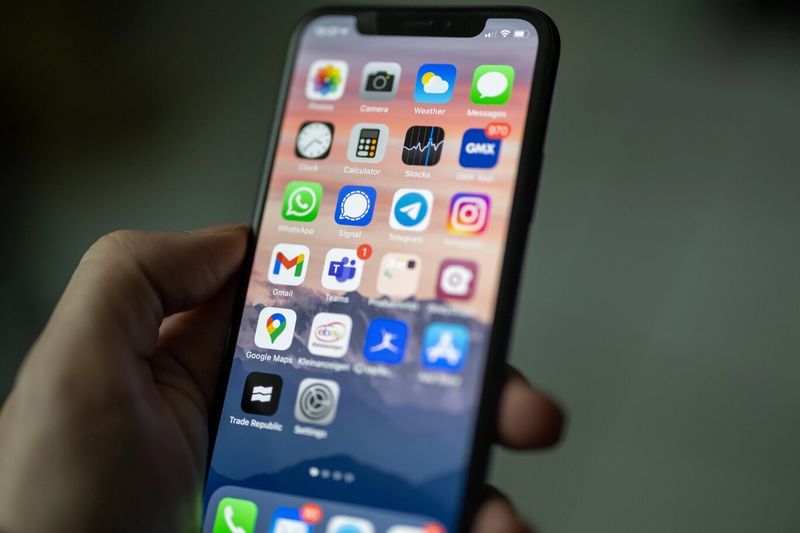The Google Play Store also reduces its commissions to 15 percent, applied to the first million of all developers. Google has announced a reduction of its commissions on the Play Store for all developers. The commissions will go from 30% to 15% for all developers, without distinction. The new policy comes months after Apple launched a similar change in its App Store, more focused on SMEs.
The Google Play Store also reduces its commissions to 15 percent
With this change, 99% of developers worldwide who sell digital goods and services on Play will see a 50% reduction in commissions. These funds will be able to help developers scale at a critical stage of their growth, hiring more engineers, more marketing employees, increasing the capacity of their servers, and more.
CNBC reports these statements from Sameer Samat, vice president of Google. The search engine company thus follows in the wake of a similar program launched by Apple in late 2020. On this occasion, the discount on the commission is also 15% but only applies to companies whose turnover is less than one million dollars a year.
The situation on the Android platform is not the same as with Apple. Google allows other third-party app stores on its platform, which circumvent its payment system. So developers do not necessarily have to resort to Google’s system.
Unlike Apple’s program, this new Google measure applies to the first million dollars of all its developers.
These new commissions are intended to benefit those developers who are just starting. And, in the case of the App Store, it will benefit 97.4% of developers. That is, the vast majority of them are SMEs, although their impact on turnover is very small: only 7.6%.
It is never enough for Epic Games and its developer alliance

While a reduction in Google’s tax may alleviate a small part of the financial burden developers have been bearing, it does not solve the root of the problem. Whether it’s 15% or 30% for all apps obtained through the Google Play Store, developers are forced to use Google’s in-app payment services.
This is the comment sent to the publication by Epic Games. This company has already said repeatedly that its intention is not to attack and eliminate the commission but to allow other digital stores and other payment systems. Which is tantamount to wresting control of the stores from Apple and Google. Although we could say that Google is there simply so that it doesn’t look like they are going against Apple alone, as they do allow other stores on Android.
Sensor Tower estimates that these commission reductions account for less than 5% of revenue from Apple and Google stores. That’s because the bulk of the revenue comes from games and apps from large developers that turn over hundreds of billions of dollars. Some of them, such as Epic Games, sell virtual currencies that have a zero cost of manufacture and a 100% profit.
Apple has to try to balance the complicated balance between the interests of users, developers, and its interests in the App Store. With measures such as the 15% reduction for SMEs, those in Cupertino aspire to please these companies and avoid the temptation to join the crusade of Epic Games. A fight that, if successful, would break the balance and open Pandora’s box of unforeseeable consequences for everyone.





